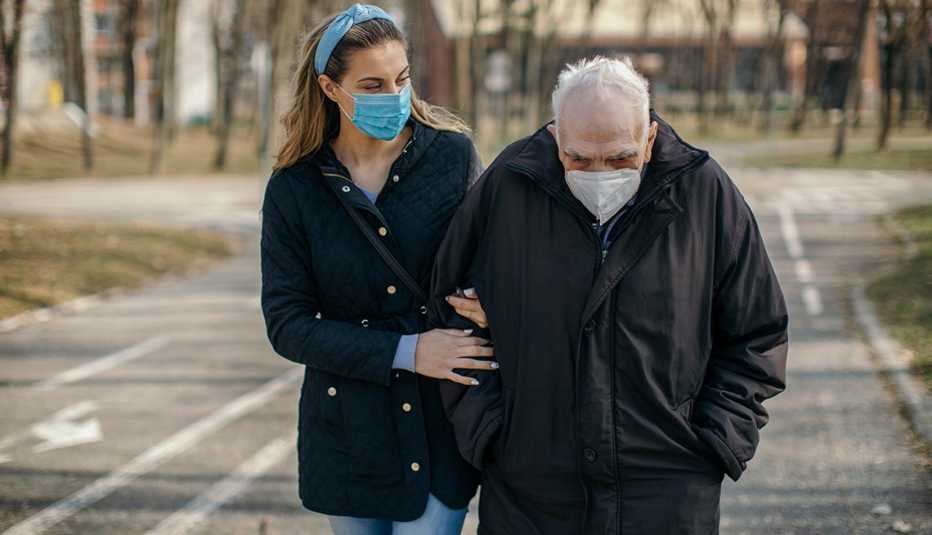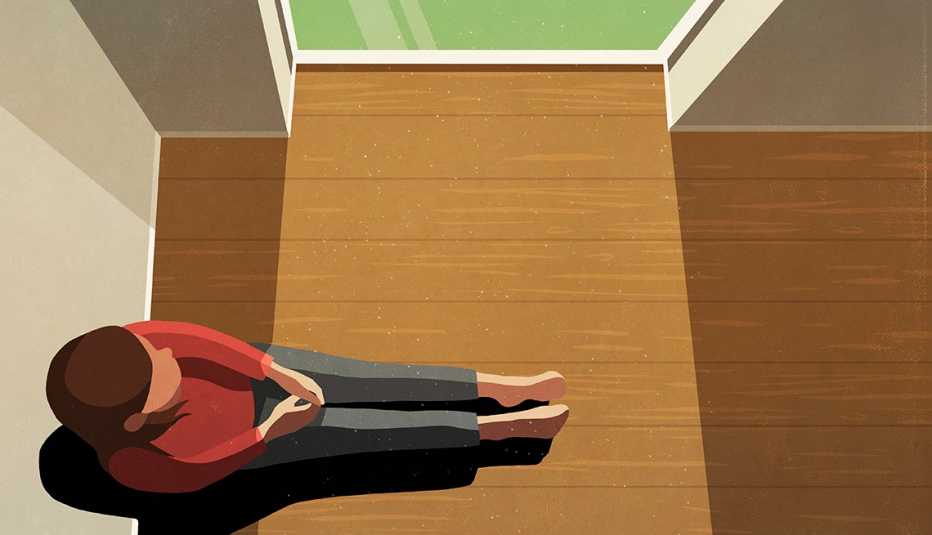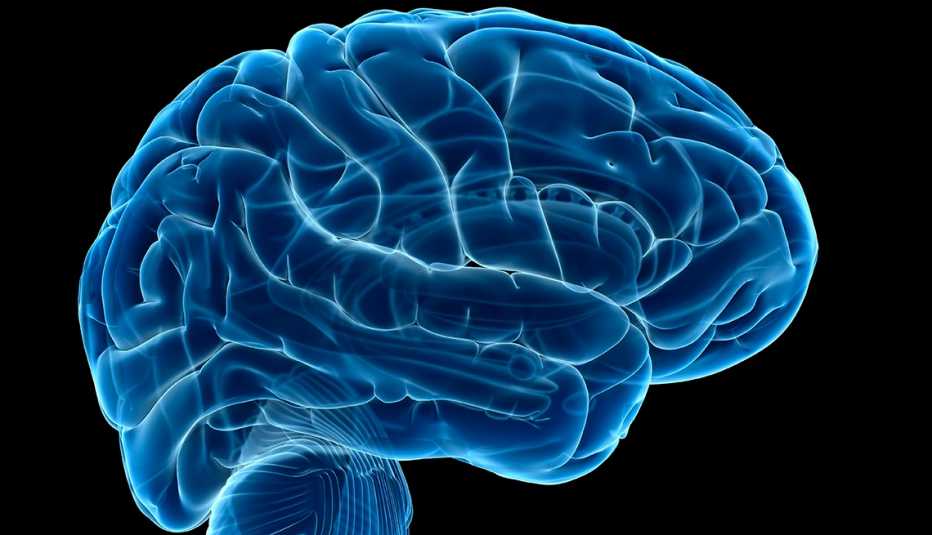Staying Fit
As many as 1 in 3 COVID-19 survivors experience a mental health or neurological disorder within six months of a coronavirus infection, according to a large study published this week in The Lancet Psychiatry. These latest findings add to a growing body of evidence that show COVID-19 can have serious and potentially long-lasting effects on the brain.
Researchers analyzed data from more than 236,000 patients diagnosed with COVID-19 and found that about 34 percent were diagnosed with a neurological or mental health disorder following their bout with the coronavirus. For nearly 13 percent of these patients, it was their first time receiving such a diagnosis.


AARP Membership— $12 for your first year when you sign up for Automatic Renewal
Get instant access to members-only products and hundreds of discounts, a free second membership, and a subscription to AARP the Magazine.
Out of a total of 14 brain disorders, mood and anxiety disorders were among the most common conditions the researchers saw, followed by substance use disorders and insomnia. Neurological complications were rarer, with 2.1 percent of patients reporting ischemic stroke, 0.7 percent reporting dementia and 0.6 percent reporting brain hemorrhage. The risk for both mental health and neurological disorders was greatest in patients who were severely ill with COVID-19, and especially for those who were in intensive care.
14 Brain Disorders Studied in COVID-19 Survivors
- Anxiety disorder
- Dementia
- Encephalitis
- Guillain-Barré syndrome
- Insomnia
- Intracranial hemorrhage
- Ischemic stroke
- Mood disorder
- Myoneural junction or muscle disease
- Nerve, nerve root, or plexus disorders
- Parkinsonism
- Psychotic disorder
- Psychotic, mood, and anxiety disorders (grouped)
- Substance use disorder
Source: The Lancet Psychiatry; listed in alphabetical order
The researchers also compared the group of COVID-19 survivors with populations of patients diagnosed with influenza and other respiratory tract infections, and they found a significantly greater risk for neurological or psychiatric conditions among the COVID cohort than the other two groups.
Neal Parikh, a neurologist and assistant professor at NewYork-Presbyterian/Weill Cornell Medicine who was not involved in the study, calls the report's findings “attention-worthy.” A number of previous studies have linked COVID-19 to brain health issues, but he says “it's surprising to see the whole spectrum of neuropsychiatric illnesses that increased after COVID."



































































